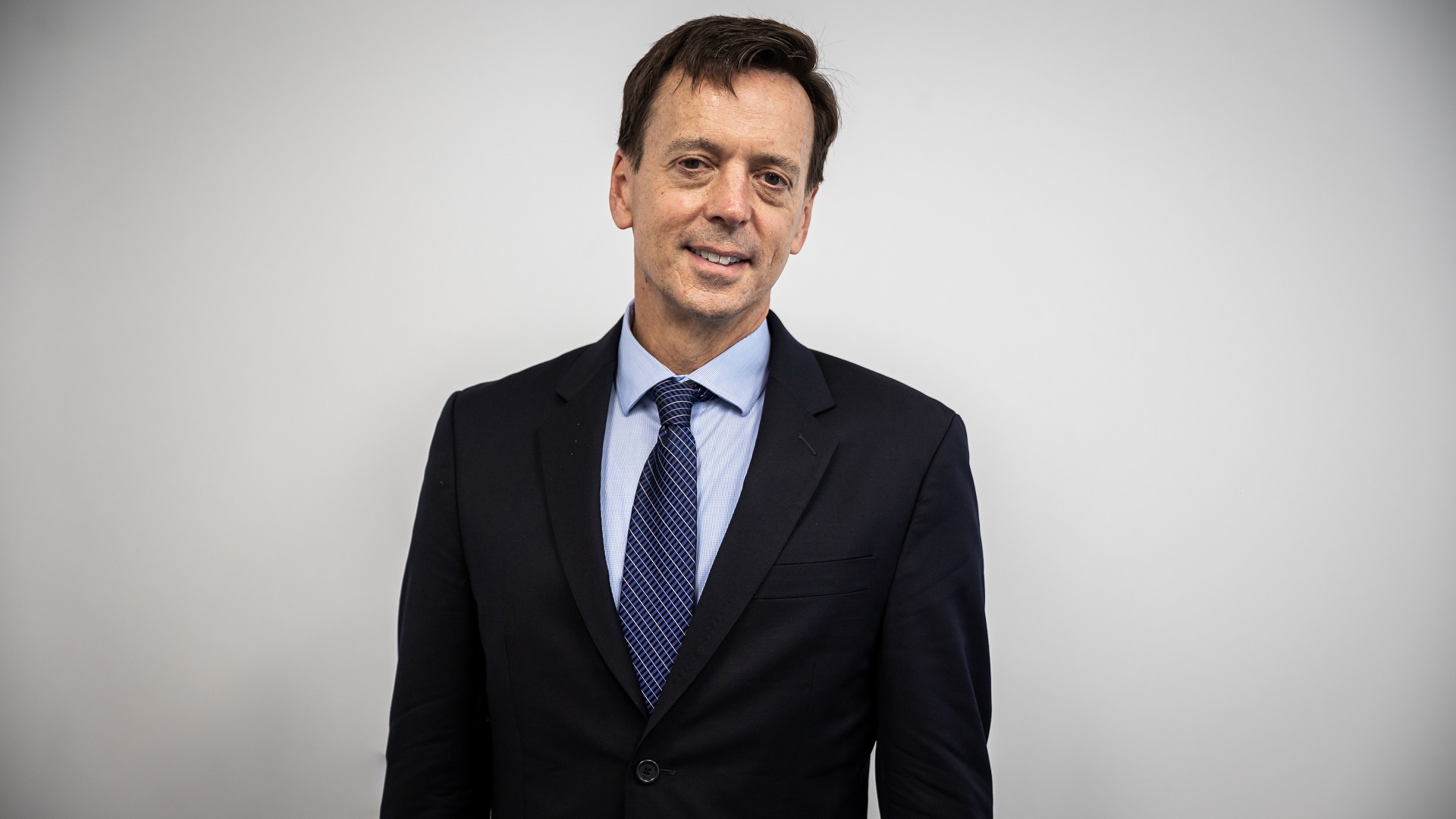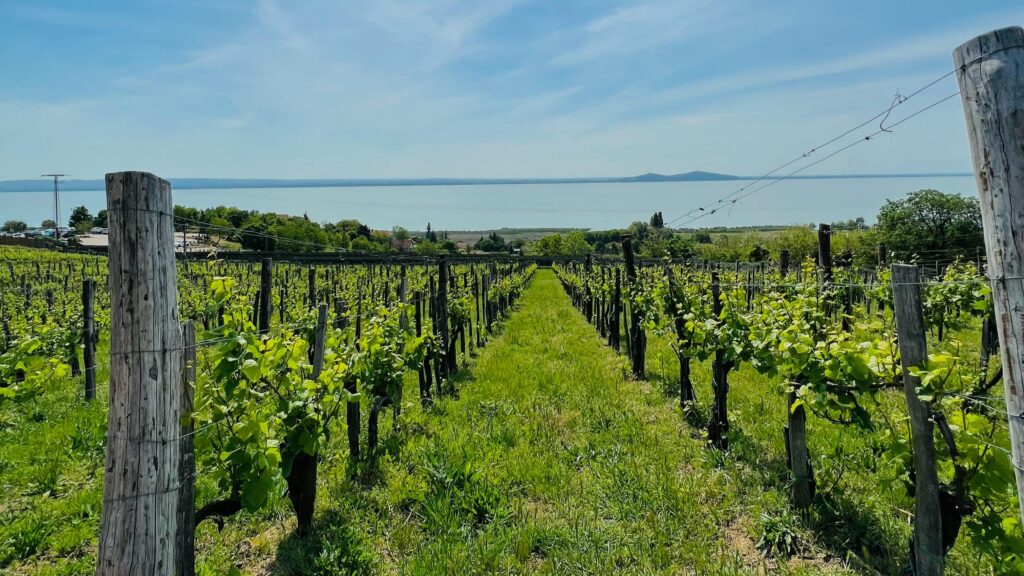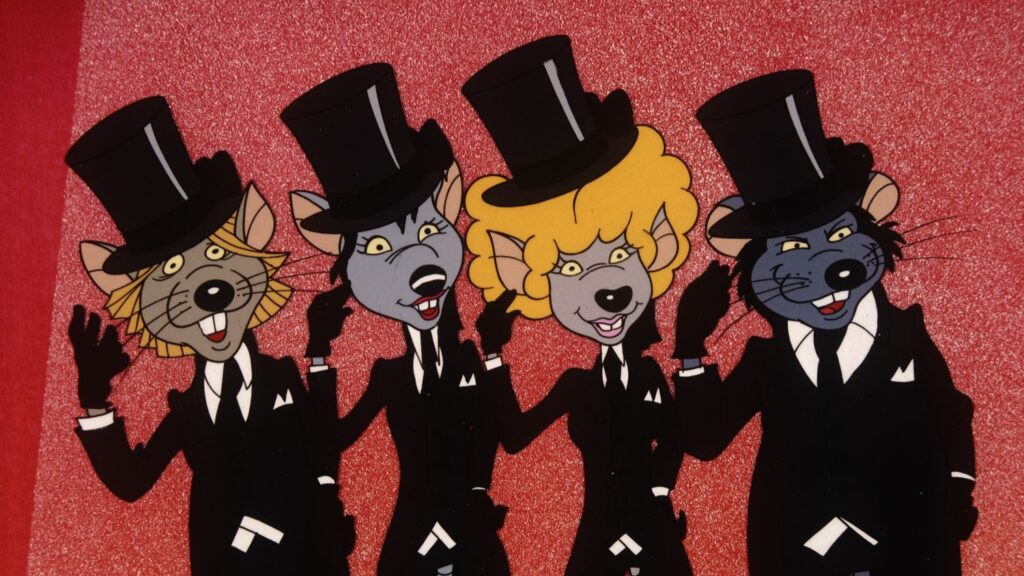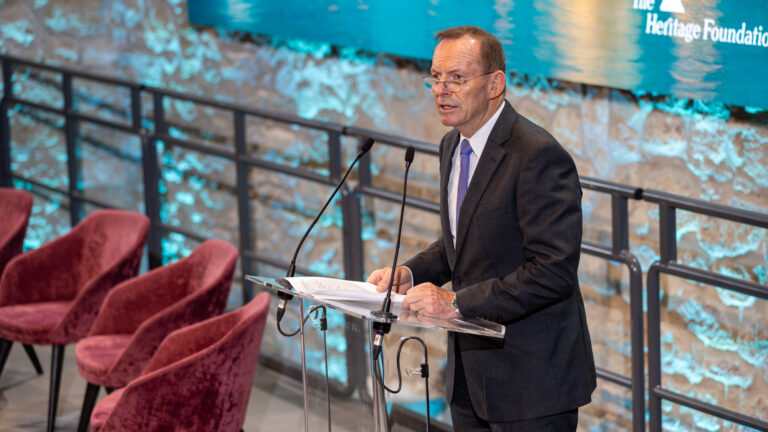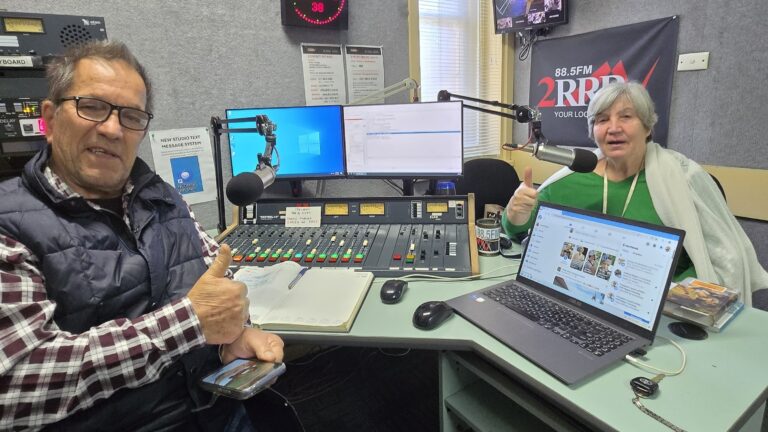Paul Orfanedes heads Judicial Watch’s Litigation Department and has been with Judicial Watch since its inception. He is a distinguished civil litigator who has argued in front of the Supreme Court and in the federal appeal courts on behalf of Judicial Watch and its clients. As Director of Litigation, he has been a spokesperson for Judicial Watch with his legal commentary appearing in major radio and print media outlets. In addition to managing the day-to-day operations of the Legal Department, Mr Orfanedes is Corporate Secretary and Treasurer of Judicial Watch. He is also member of the Board of Directors. He is also a native of the state of Illinois. He graduated from University of Illinois at Urbana-Champaign in 1986. He received his Juris Doctorate from American University in 1990.
Mr Orfanedes was recently in Budapest as part of the Center for Fundamental Rights’ Wokebusters initiative and while in Hungary he also sat down with Hungarian Conservative for an exclusive interview.
***
These are quite unprecedented times in America in terms of the legal landscape. We have a former President and current presidential candidate who has been convicted in a criminal court. He hasn’t been sentenced yet, and has other charges pending. How have you, as a representative of Judicial Watch, experienced this historic period? What are your insight on that?
Well, we’ve certainly been following it. We’ve been following it closely. A lot of what we do at Judicial Watch is we file public records requests. So we try to get information about what the government is doing. And those tools are both for state and for federal cases. We’ve been doing a lot of public records work with respect to certainly the Georgia prosecution and to some extent the New York prosecution. We did a lot of work in Georgia with respect to the conflicts of interests of the prosecutor who hired this other individual with whom she was having a relationship to serve as the main lawyer for the prosecution. So that’s a good example of the type of thing that Judicial Watch tries to do, there’ll be an issue out there. We don’t necessarily get directly involved in the issues, but we try to look at what else is going on behind the scenes, what records we can get about, and, you know, what’s going on in terms of the process.
So Judicial Watch was involved in uncovering the relationship between Georgia prosecutor Fani Willis and her lover?
Well, however you want to characterize that relationship, right? So we did public records work in Georgia, we filed some lawsuits in Georgia. When our requests for records were denied, we filed some lawsuits to try to get access to information about what this person was being paid, when he was being paid, her contacts and communications with him.
Could she be up for perjury? In that case, do you think what the prosecutor did constitutes a criminal act?
Maybe not perjury. There are some conflict of interest laws that might affect her ability to continue to be the prosecutor. There were a lot of calls for her to recuse herself because she seemed to have not been completely truthful when she testified at some court hearings about her status. I’m not sure she would be prosecuted for perjury, but she might be required to recuse herself.
If Donald Trump were to win a second, non-consecutive term, do you think some of those people who were involved in his prosecution could face some kind of legal trouble if a new Attorney General came into office?
Those two, the New York prosecutions and the Georgia prosecutions, are all done at the state level. The federal government’s ability is limited to have any influence on what’s going on at the state level, that is just sort of the nature of our federal system.
So I don’t know. It would surprise me if there were criminal charges brought up. It wouldn’t surprise me if there were some investigations into more precisely what was going on in both the New York prosecutions and even the federal prosecutions.
And there was another controversial case in your home state, Illinois, where a circuit judge tried to remove Donald Trump from the ballot. Was Judicial Watch involved in that case? It eventually got shut down by the Supreme Court.
We were involved in the Colorado effort. That was the first one. There was sort of an idea that tried to disqualify Trump, an idea that spread around the country. In Illinois, we weren’t directly involved with fighting that. But we had also done public records work in Colorado to try to get access to that information about that effort. And I think we may have submitted some friend of the court briefs, that sort of thing.
‘It wouldn’t surprise me if there were some investigations into more precisely what was going on in both the New York prosecutions and even the federal prosecutions’
Right now, the Republican Party, the RNC, is vowing to deploy 100,000 poll watchers during the Presidential election this year. Some of them, I believe, will be legally trained poll watchers. Do you know anything about this initiative? Is your organization going to be involved in that?
We have tended to do poll watching. We’ll pick a couple of states and we’ll do some poll watching. We have on staff former voting rights attorneys from the US Department of Justice that would organize poll watching for the DOJ. We typically do that. I’m not sure if we’re planning to do that right now. That’s not part of any organized RNC effort, though. It would be something we do on our own.
What kind of power does a poll watcher have? There was a lot of controversy in the 2020 election. Is there anything that these voting law experts or lawyers on the scene can do when the votes are being counted? What is the most that they could do to prevent potential voter fraud on the scene?
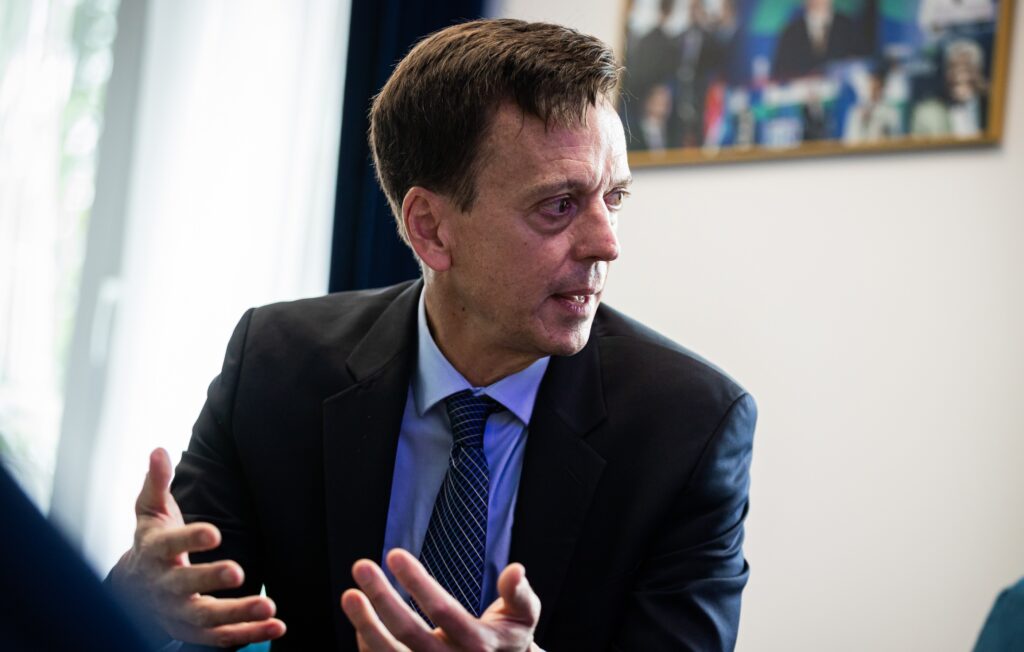
It’s really just an observation process. They’re not supposed to speak. I don’t even think they’re supposed to gesture. So if they see something wrong, they’re supposed to be there to observe, and then they can report what they observe. But they’re not supposed to interfere in any way. So even speaking, gesturing, that sort of thing is not appropriate. It’s mostly done after the vote count is finished. And then they can file and submit reports, and basically just provide expert testimony afterward, or witness testimony about what they observed.
I mean, in 2020, there were all sorts of allegations about voting and regularities and what poll watchers observed and where poll watchers were allowed to be. Could they be in the room? Could they not be? And there’s also a difference between watching what’s going on during voting and vote counting, and then watching the canvassing, what’s done with the votes. The observer’s role is just to be an observer. They can’t be involved. In fact, if they were involved, then that person might have some legal liability.
As for Hungary, I don’t know if you follow European politics, but our big lawfare issue is what the European Union is trying to do in holding funds on the grounds of ‘rule of law concerns’ in Hungary. Do you have a professional opinion or a personal opinion on that matter?
Well, I really haven’t followed the withholding of EU funds that much. I know it’s an issue. We’ve looked at other things involving Hungary that have been done through the State Department, like the change in the visa programme, which seemed like it was perhaps punitive. So we tried to get some records from the State Department about that. We filed a lawsuit. But we haven’t been looking at the EU-Hungary relationship. That’s something that is out of the scope of our usual tools, lawsuits and public records requests. Those are the sorts of things that aren’t available to us at the EU level.
Related articles:

